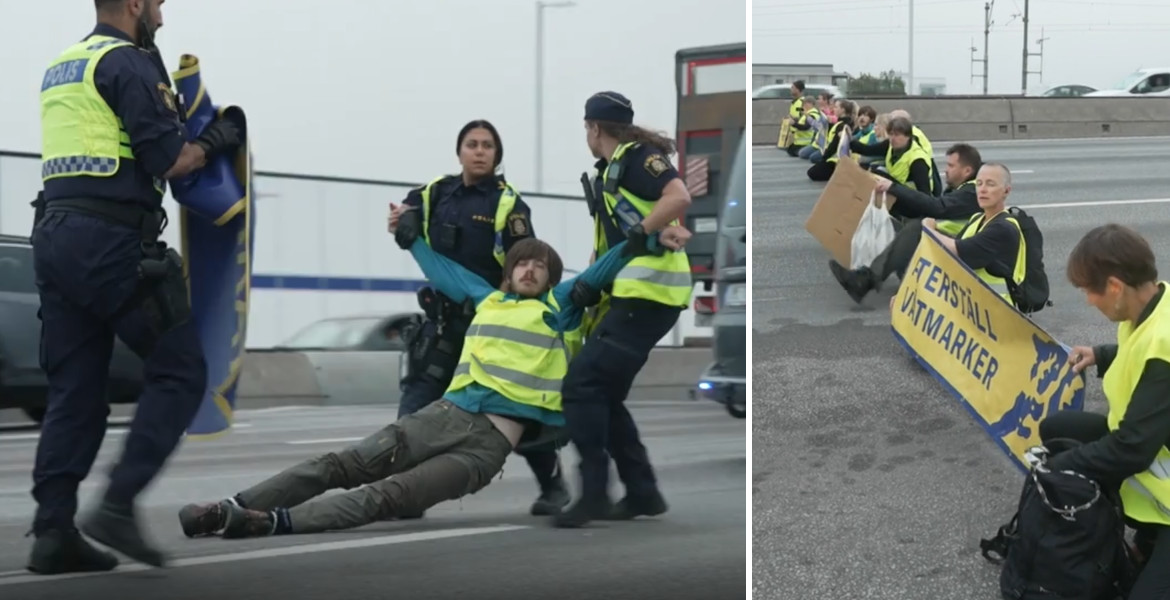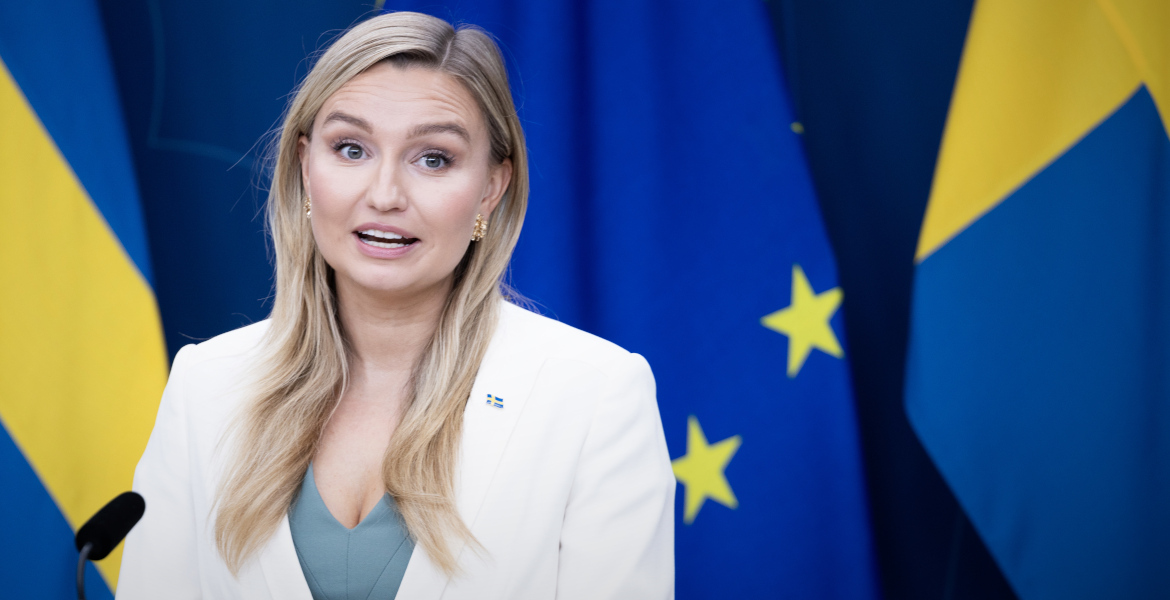In 2023, calls to Swedish children’s rights organization BRIS increased by 16 percent compared to last year. The increase was mainly in the contact areas of school, self-harm and crime.
Among other things, minors talk about how they feel a strong concern for their own or their family’s life and safety.
The Children’s Report 2024 (Barnrapporten 2024) analyzed children’s contacts with BRIS, as well as current and relevant research that highlights what needs to be changed in society to protect children’s rights. It notes that BRIS has had 51,587 supportive contacts with children up to the age of 18 via telephone and email. In the conversations, it can be seen that in addition to the child’s individual difficulties, there is also a feeling of hopelessness about social developments in the world.
– The increase in calls to Bris is not negative in itself; it is always positive when children take the step of seeking help. It is courageous to dare to share their life situation and great to open up about their feelings and their well-being. It is far from everyone who needs help who dares to ask for it. That’s why we know that when children talk, there is hope for change and that conversations make a difference, says Magnus Jägerskog, Bris Secretary General, in a press release.
Self-harm and school
Conversations about school have increased by 34% compared to 2022. In many of them, children describe a sense of inadequacy and that performance requirements lead to a bad feeling, which then affects school results. In Sweden, around 15% of pupils finish primary school without achieving passing grades.
At the same time, calls about self-harm are also increasing, with a 42% increase compared to 2022. Around one in six teenagers have deliberately harmed themselves without intending to take their own lives. This figure has increased significantly in recent years, with an estimated 390% increase since 2016. Conversations about suicide occur in about 29% of self-harm conversations. Anxiety occurs in about 26% of the conversations.
Another development that has occurred is that self-harm was previously something that was carried out in secret, but is now shared more openly on social media. The report highlights, for example, a study showing that high use of social media can increase the risk of self-harm, but also studies showing that the effects of social media can also depend on how they are used.
Children lured into gang crime
In 2023, the nature of calls about crime to BRIS changed and became increasingly about children being lured, tricked or forced into criminal networks. Calls about crime have increased by 60 percent in 2023, compared to the previous year. Compared to 2020, there has been an increase of 150%.
Half of the calls have been about gang crime, where children often express concern for their own life and safety or that of their relatives. Bris testifies that the change in calls became clearer during the summer as violence also increased in Sweden. Statistics on child crime, including from the Swedish Prosecution Authority, show that suspicions of weapons offenses, drug transfers, extortion and fraud have increased significantly in recent years for children who are not of legal age and also for children under 18.
The Swedish Customs Service also recently warned that the recruitment of underage “parcel goalkeepers” is increasing significantly, is taking place all over the country, and is mainly via social media such as Snapchat and TikTok.
Need for action
Bris believes that society needs to take action to prevent children from becoming involved in crime. Among other things, they point out that conditions are needed for long-term work in, for example, schools, social services, health care and child and adolescent psychiatry.
“It is ultimately about providing support and help to children, young people and their families to develop resources that can lead to lasting and positive changes”, writes Bris.
They also believe that the school system needs to be reviewed to ensure that all children are guaranteed a good and equal education. In order to reduce mental illness, it is also crucial that every child completes school with passing grades. To reduce mental illness, solutions are also needed at the societal level, which includes conscious work on norms and societal climate, increased knowledge about mental health and also access to care and support.








